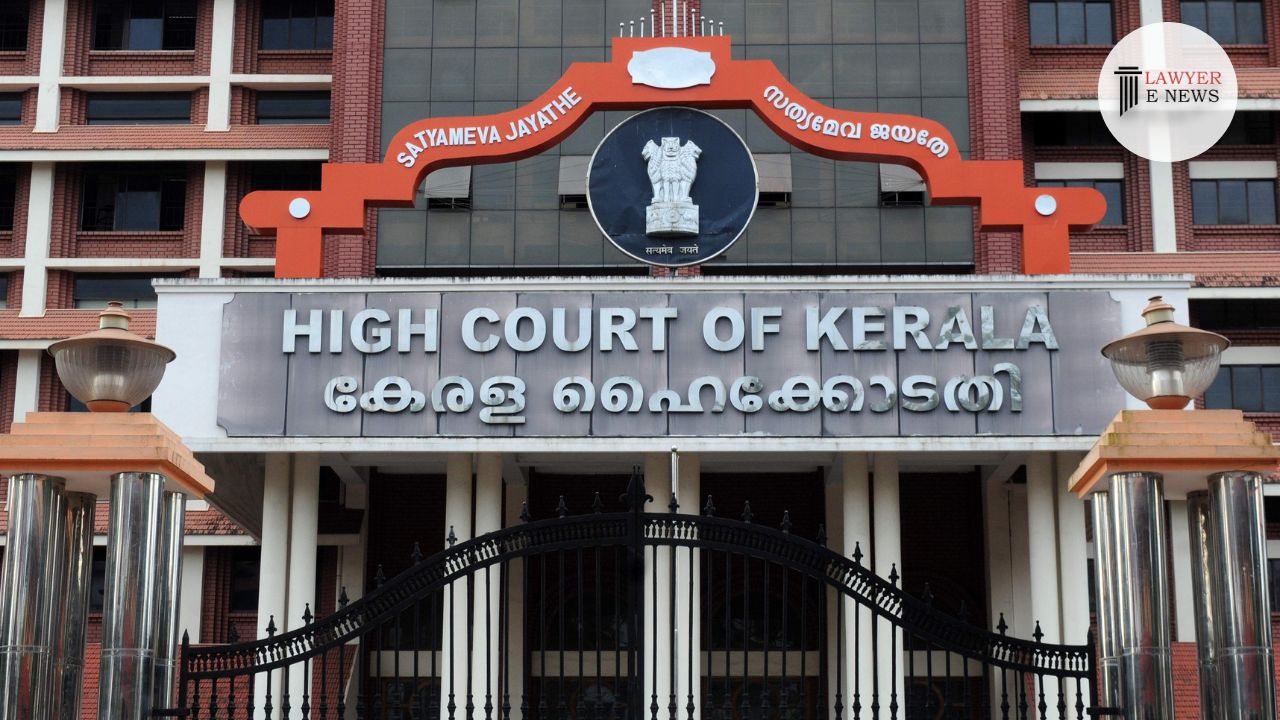-
by Admin
15 February 2026 5:35 AM



On May 28, 2024, the Kerala High Court dismissed the anticipatory bail application and writ petition filed by Dr. Haritha H.S. regarding the alleged assault and molestation by Joseph Chacko. The bench, presided by Justice A. Badharudeen, stressed the necessity of custodial interrogation for a thorough investigation, given the severity of the allegations and the supporting evidence.
The High Court underscored the importance of custodial interrogation in this case to ensure a thorough and unbiased investigation. “In a case involving serious allegations, grant of anticipatory bail would impede the investigation,” Justice Badharudeen remarked. The court noted that the accused’s arrest is crucial for effectively collecting and corroborating evidence, as the case involves significant accusations of assault and molestation.
Justice Badharudeen meticulously reviewed the evidence, including the First Information Statement (FIS) and the case diary. The court found the allegations made by Dr. Haritha credible, supported by prima facie evidence. “The prosecution case is well made out, prima facie, and the Investigating Officer also wanted to arrest the accused for effectively investigating the case,” the judgment stated. The court also took into account the trend of increasing violence against healthcare professionals, reinforcing the need for stringent action.
The court discussed the principles of judicial scrutiny, emphasizing the necessity for a meticulous and unbiased investigation. The judgment reiterated that custodial interrogation is essential in cases with severe allegations to prevent any influence or tampering with evidence by the accused. “Entrustment of the investigation to another officer is not warranted at this stage as the present investigation is progressing satisfactorily,” Justice Badharudeen observed.
Justice Badharudeen highlighted the significance of the Kerala Healthcare Service Persons and Healthcare Service Institutions (Prevention of Violence and Damage to Property) Amendment Act, 2023. The amendment, which makes offenses against healthcare professionals non-bailable, underscores the legislature’s intent to provide robust protection to medical personnel. “The incorporation of non-bailable penal provisions is a legislative response to the increasing assaults on healthcare workers,” the judgment noted.
Justice Badharudeen remarked, “In a case involving serious allegations, grant of anticipatory bail would impede the investigation. The necessity for arrest and custodial interrogation is underscored by the prima facie evidence supporting the allegations.”
The Kerala High Court’s decision to deny anticipatory bail and dismiss the writ petition for investigation transfer sends a strong message about the judiciary’s commitment to protecting healthcare professionals and ensuring thorough investigations in cases of assault. This judgment reinforces the legal framework for addressing violence against medical personnel and underscores the critical role of judicial scrutiny in upholding justice.
Date of Decision: May 28, 2024
Dr. Haritha H.S. vs. State Police Chief & Others
